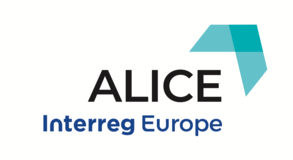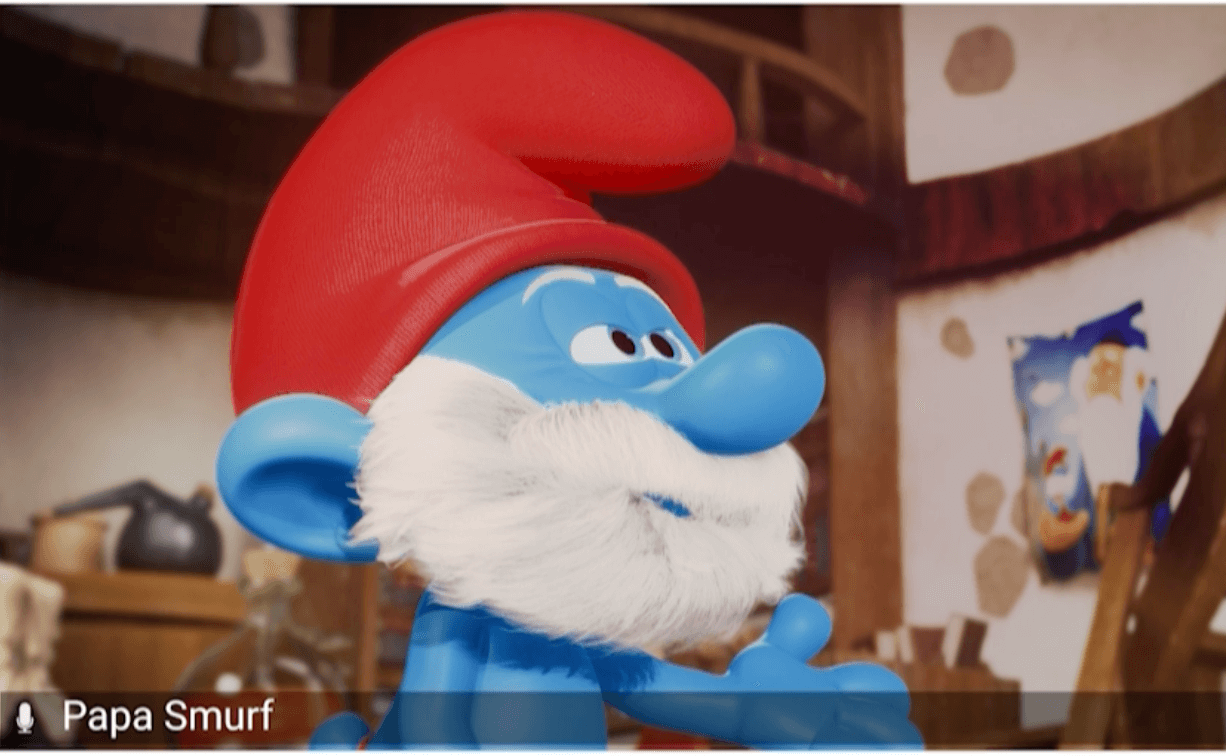On July 9, 2020, Wallimage organized a second meeting with the Walloon stakeholders for A.L.I.C.E., by teleconference, given the specific context of the health crisis.
Participants included production managers and producers from TAKA / PANIQUE / ALTITUDE 100, MIKROS IMAGE BELGIUM, DREAMWALL, BELVISION, PANIQUE! and DIGITAL GRAPHICS STUDIO, as well as a composer from the RABADA film music studio.

With the COVID-19 outbreak shaking the entire audiovisual industry, discussions inevitably focused on how the crisis is affecting the animation sector. Wallimage tried to measure its impacts on the present and future work of regional industry actors. On the basis of a preparatory questionnaire sent by Wallimage prior to the meeting, participants were able to constructively share their feelings about the crisis, what reorganizations they believe to be needed in the short and medium term, and their concerns about the future. The meeting also provided an opportunity to take stock of the progress of A.L.I.C.E.'s work on a subject that has long been of concern to the Walloon industry: the mobility of talent.
On the crisis, everyone agreed that the animation industry had, in general, suffered less than the live-action film industry, due to the very nature of its production, which includes many tasks that can be carried out remotely and professions that are traditionally more solitary (composition, editing, recording...). The Walloon animation studios reported that they had been able to reorganize themselves fairly quickly into teleworking (with greater or lesser adjustments depending on the size of the teams), and to continue to make progress on current projects. However, almost all of them noted a drop in productivity due to technical constraints (related in particular to the need for high-powered systems and connections), the slowdown in communications, and the difficulties supervising juniors and trainees. Some delicate work, finishes and verification steps requiring projection on a big screen only available in the workplace remained on stand-by. In many cases, particularly on co-production projects involving different teams working at different stages, these new limitations led to postponement in project deliveries, and forced some studios to hire staff at the last minute to limit delays.
Work on site is gradually resuming, with all the sanitary precautions required (distance, provision of masks and hand sanitizer, cleaning products for computer equipment, etc.). Priority on-site is given to juniors whose training requires physical presence, as well as their supervisors, teams whose efficiency is too much affected by working remotely, and managers who guarantee the continuous flow of information. In order to maintain the social-distancing protocols limiting the capacity of open spaces, teams are asked to come in on staggered shifts or on alternate days. The teams who managed to work well in lockdown continue to work remotely and most of the work is still done from home.
For most of the Walloon stakeholders interviewed, the crisis has changed the organization of teams for the long-term, and teleworking seems to have become the new norm. Some of them are already thinking about carrying on with working from home once the pandemic is over: new regulations and framework are being discussed).
The July meeting was also an opportunity to address a key topic on which stakeholders had begun to discuss in December 2019, and which remains critical: the issue of the mobility of talent and rights in the animation sector, with the issue of cross-border collaboration between European studios. Wallimage shared information about how A.L.I.C.E.’s Legal and Finance working group planned to make progress by using three concrete and generalizable case studies. The first case, a collaborative project between Dreamwall (Wallonia)-MadLab (Hauts-de-France), was the subject of a productive working meeting on June 10 (to which we devoted an article: https://bit.ly/2Ckqk4X). Two other case study meetings are scheduled to be held in the fall, at the end of which different ideas will be brought before a legal council of lawyers from Taylor Wessing, in charge of assessing their legal relevance and feasibility.
The next meeting with stakeholders will be held in September. It will focus on possible collaborations to improve talent training and make it conducive to mobility. These reflections will feed the "Training" working group headed by the Apulia region. The second semester of the A.L.I.C.E. project is ending with good prospects and the satisfaction that, even in this difficult situation, the project continues to bring people together.




